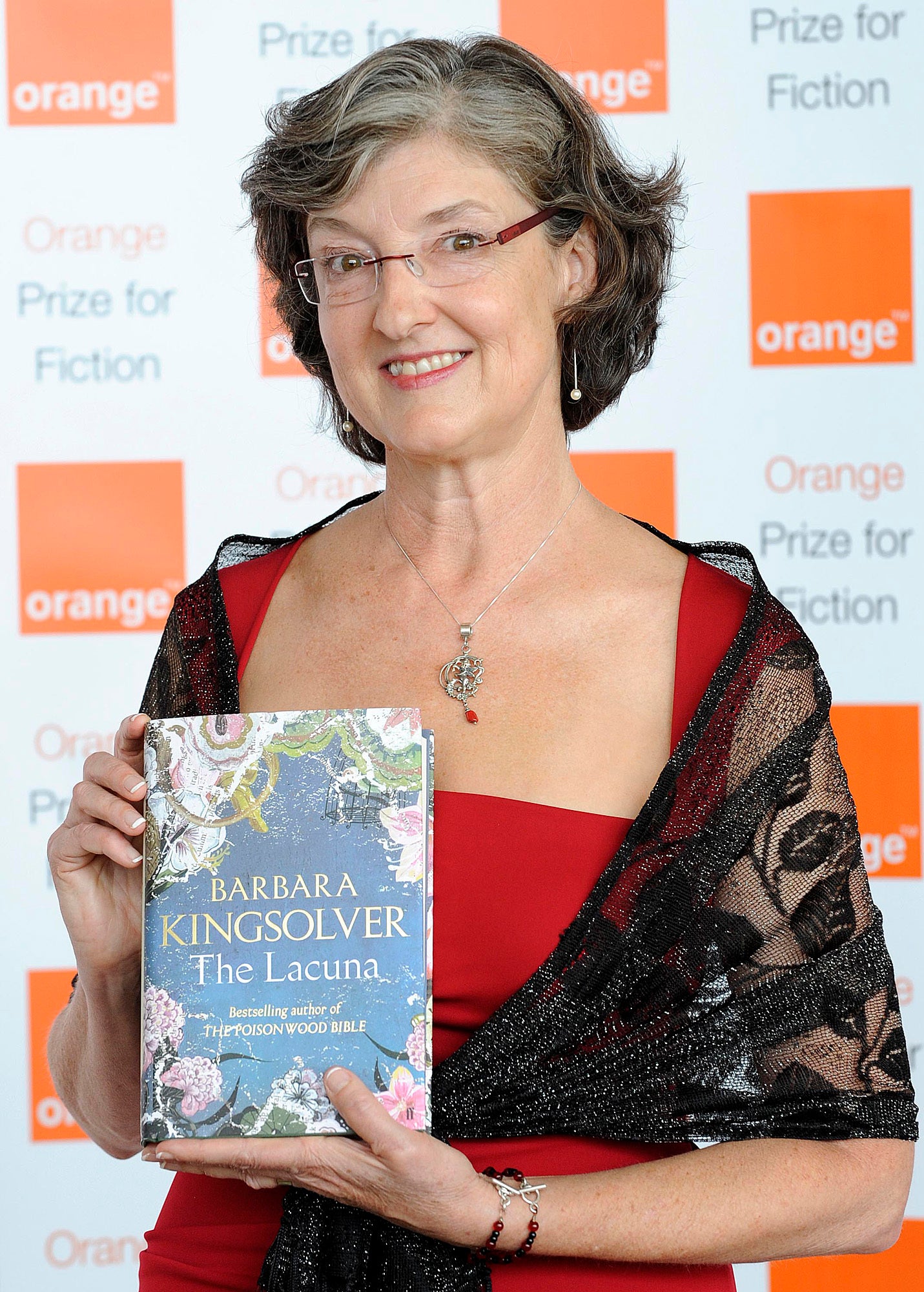Kingsolver, O'Farrell among Women's Prize fiction finalists
An Appalachian update on Charles Dickens and a tale told by a dolphin are among six finalists for the prestigious Women’s Prize for Fiction

An Appalachian update on Charles Dickens and a tale told by a dolphin are among the six finalists announced Wednesday for the prestigious Women’s Prize for Fiction.
American writer Barbara Kingsolver’s “Demon Copperhead,” a reworking of “David Copperfield” set in modern-day Virginia, and U.K. novelist Laline Paull’s deep-sea drama “Pod” are among the contenders for the 30,000 pound ($37,000) award.
Kingsolver previously won the Women's Prize in 2010 for “The Lacuna.” Britain’s Maggie O’Farrell, who won in 2020 for “Hamnet,” is a finalist again for Italian Renaissance tale “The Marriage Portrait.”
The finalists also include three debut novels: “Trespasses,” a love story by Irish writer Louise Kennedy that is set during Northern Ireland’s years of violence; “Fire Rush,” a dub reggae-drenched coming-of-age tale by Britain’s Jacqueline Crooks; and Sarajevo-set war saga “Black Butterflies” by Britain’s Priscilla Morris.
Broadcast journalist Louise Minchin, who is chairing the panel of judges, said the six finalists had an “amazing” imaginative scope.
“You’ve got 16th-century Florence, you’ve got the Indian Ocean told from the point of view of the creatures that live in it,” she said.
Minchin said that by giving personal voices to the opioid crisis in America, the siege of Sarajevo, late-1970s London riots and Northern Ireland’s conflict, other books on the list take readers behind the headlines in a way that is “very insightful and very moving.”
Founded in 1996, the prize is open to female English-language writers from any country. Previous winners include Zadie Smith, Tayari Jones and Susanna Clarke. Last year’s prize went to Canadian-American novelist Ruth Ozeki for “The Book of Form and Emptiness.”
The winner of the 2023 Women’s Prize will be unveiled June 14 at a ceremony in London.
Bookmark popover
Removed from bookmarks